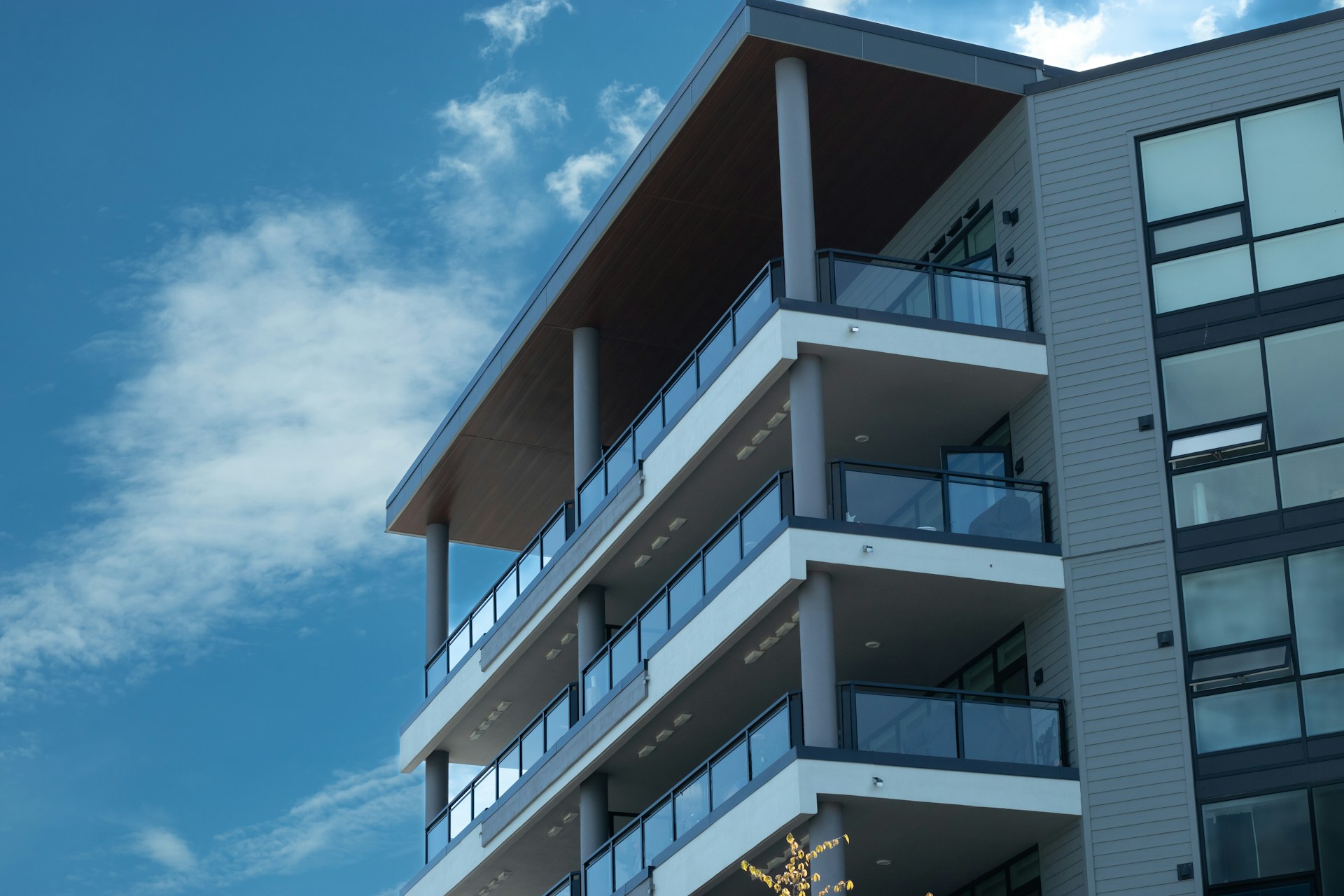6 Hidden Costs of Owning a Condo

Many people often consider the sticker price alone when purchasing a condo, which may seem more manageable than other housing options. Buyers may overlook the hidden costs that inflate monthly expenses and affect their long-term budgets.
Owning a condo comes with financial obligations that are not immediately obvious, including unexpected maintenance costs and utilities. Let's discuss the lesser-known financial responsibilities to help you make an informed decision before buying.
Special Assessments
Special assessments are unexpected fees that condo owners may be required to pay in addition to their monthly fees. They are used when the homeowners association (HOA) does not have enough funds to cover major improvements or repairs. They can arise from the following needs:
- Emergency roof replacements
- Structural repairs
- Upgrades to shared amenities
Special assessments mean out-of-pocket costs for condo owners, affecting their budgeting plans. These costs are usually substantial, especially if you're buying a condo as a newbie.
Maintenance and Repairs
While condo ownership includes shared maintenance through the dues, owners are still responsible for repairs in their units. While the condo management covers some issues, owners may need to handle plumbing, electrical, and appliance replacements.
These costs can add up quickly, especially in older buildings. Since buyers often underestimate how much personal responsibility they retain for the condo, this becomes a big problem for many. You must budget for ongoing and surprise repairs.
Parking Fees
Parking is not always included in condo ownership. As a result, securing a space comes with extra costs in many buildings. Owners may have to purchase a spot separately, rent from other residents, or pay monthly parking fees. These fees can be high in urban locations, especially reserved or covered spaces. Since some buildings also charge for second vehicles or guest parking, these fees may catch buyers off guard.
Utilities
Monthly fees may not fully cover utilities in a condo, leaving owners responsible for expenses like water, gas, and internet. Sometimes, there is partial coverage or the costs are shared among residents, causing unexpected or unpredictable bills. Older condominiums may be less energy-efficient, driving up utility usage and costs. Failing to account for these expenses can result in owners spending way above their predicted budget.
Insurance
Condo owners sometimes assume that the building's master insurance plan covers everything, which is rarely true. The HOA policy typically insures the structure and common areas. However, owners are responsible for insuring their units and personal belongings through separate policies. Coverage is often recommended for the following:
- Interior fixtures
- Appliances
- Liability
- Theft or vandalism
- Water damage
- Loss of use
Condo insurance premiums can vary depending on the location and the building's age, but may still be substantial.
Property Taxes
Property taxes apply to condos like any other real estate, but buyers sometimes underestimate their impact. While condos are usually smaller than single-family homes, their tax bills may be significant, especially in high-demand areas.
Tax rates are based on assessed value, which can rise over time. Some homeowners' associations do not include taxes in monthly dues, leaving owners to handle separate payments. You must consider this, especially if you're investing in a condo for rental use.
Endnote
Owning a condo comes with several expenses you may have overlooked initially. These include special assessments, maintenance and repairs, parking fees, utilities, insurance, and property taxes. While not immediately obvious, these costs can affect an owner's long-term budget.
Published 5/17/25